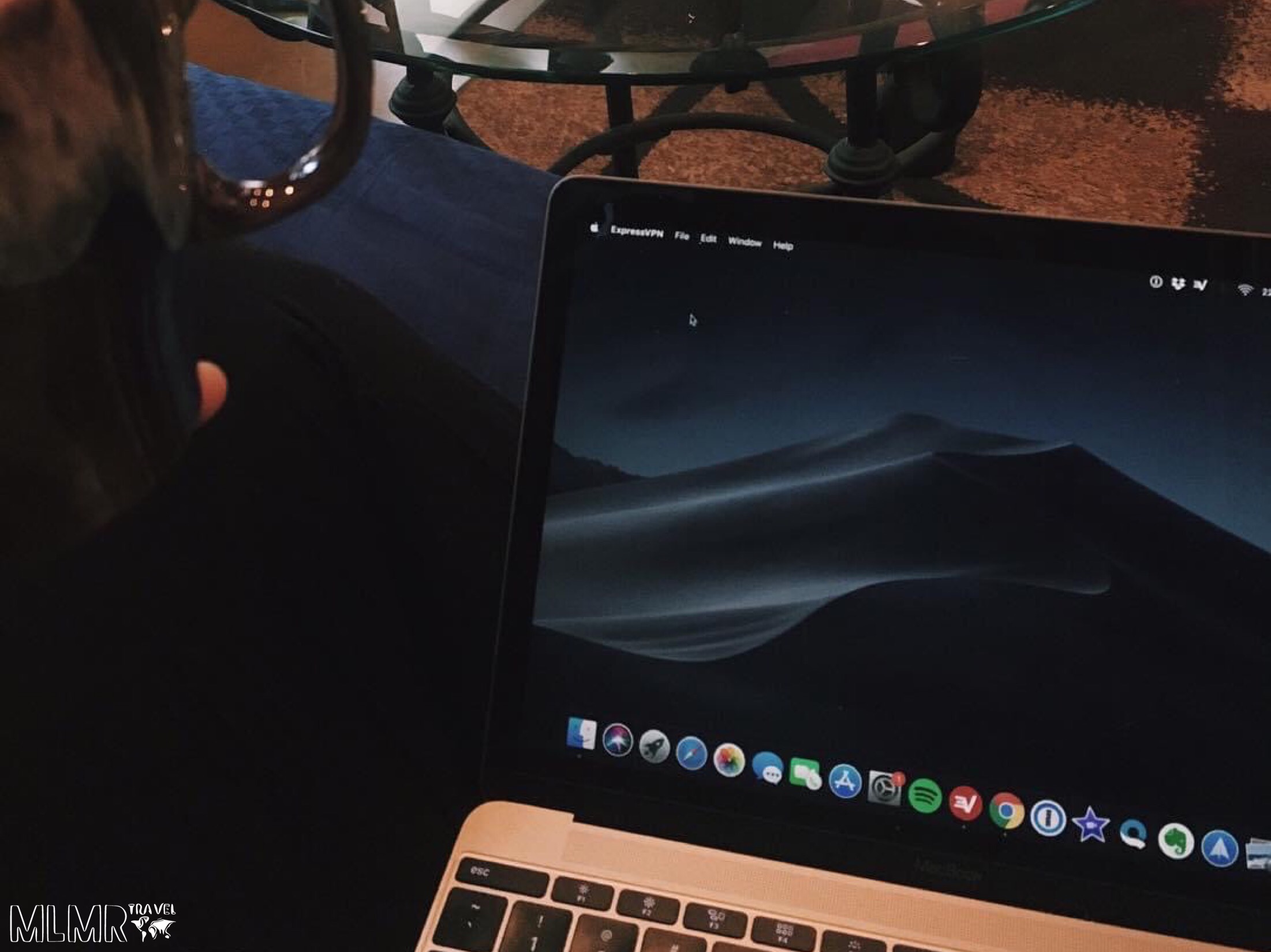A Simple Introduction to Budgeting

Budgeting is such an important part of finances yet few feel they know what they are doing. Is it necessary to budget? What has to go into a budget? What things do you use to budget?
 These are a couple of questions we have asked ourselves and we have heard other people ask as well. Our answers to these questions focus on one idea: Know what is happening with your money! It sounds simple and a lot of people probably read that, roll their eyes and move onto a different, less obvious blog.
These are a couple of questions we have asked ourselves and we have heard other people ask as well. Our answers to these questions focus on one idea: Know what is happening with your money! It sounds simple and a lot of people probably read that, roll their eyes and move onto a different, less obvious blog.
But it seriously is the most important aspect of budgeting. By changing your focus to what is going on with your money, budgeting becomes simple.
There are three basic questions that makeup budgeting.
- How much is being earned
- How much is being spent
- Where is it being spent
Disclosure: Links throughout the Mindful Nomadics site may make us a small commission at no additional cost to you. See our Affiliate Disclosure for more information.
How Much is Being Earned
Before you know what you spend your money on, you need to know what money you even have. Most can rattle off their salary but you need to know your take-home pay. After everything is said and done, you need to know the exact amount that is going into your bank account every paycheck.
Automatic deposit makes getting your money so much easier but it also makes it easier to not know how much is coming in every week. We suggest no matter how the money gets into your bank account (or wherever you store your money) you know exactly how much is being added.
You should also have a general idea of how much money you have at any moment in time. You don't need to know it down to the cent but a general idea is important for an overall budget standpoint. An easy rule of thumb is to just take a quick look at the end of every week to have a better idea.

How Much is Being Spent
It's very important to know how much of your money is leaving your possession. Spending too much money is what typically gets people in trouble. To us, this may be the most important aspect of budgeting.
Be careful of thinking only in terms of percentage. It's common to hear "I put 5% towards vacations a month" but what exactly does this mean? It's okay to say things as a percentage as long as you also know the actual value as well.
Where it is Being Spent
Here it is, the most crucial part of budgeting. You have to know WHERE your money is going. Sometimes it's best to do a month and see where your money went. From there, you could try to alter your budget and make caps for certain categories where you over-spend.
It is best to keep track of the exact dollar amount but at the very least a percentage. The important part is just knowing where your money is going.
Categories
Having categories makes it easier to see what you spend your money on. Here are our typical categories. You can break down each category into percentages, as long as you know how many dollars it equates to.
Realistically you need at least 4 basic categories of Spending, Savings, Investing, and Debt. From there you can break it down into as many categories as you seem fit.
We have eight general categories to budget from. We wanted to keep it minimal but still break down some of the major areas where we see our money is going.
- Auto: Gas, oil changes, etc.
- Rent/utilities: Rent, TV, internet, electric, water, cell phone bill, etc.
- Food: Groceries and fast food/restaurants
- Savings: Emergency fund
- Investment: Roth IRA, HSA, etc.
- Travel: Vacations and other trips
- Insurance: Life, renters, car, disability...A lot of insurance
- Loans: Student loans, car loans

In the end, know what money you have coming in, what money you have going out and WHY it is going out. Because if you can't explain where all your money is going and defend why it is going there, then it probably shouldn't be going there.
We would like to mention that we do use Mint and Personal Capital to help us make budgeting just a tad bit easier. Hope this helps! Phil loves budgeting so feel free to contact us with any questions you may have.




